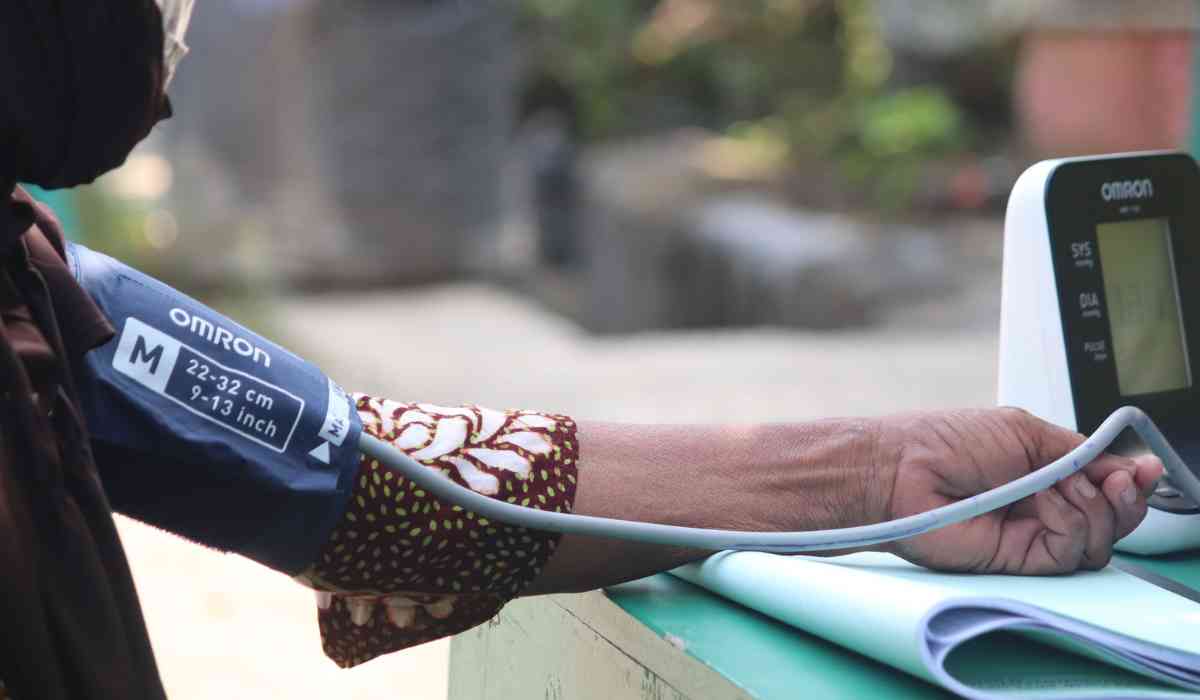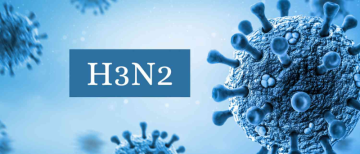In a world where numerous health issues compete for attention, hypertension often hides in the shadows as a silent but deadly threat. The World Health Organization (WHO) has released its first-ever report on the devastating global impact of high blood pressure, urging immediate action to combat this pervasive health concern.
Hypertension, commonly known as high blood pressure, affects a staggering one in three adults worldwide. It's a condition that, if left untreated, can lead to severe health complications, including strokes, heart attacks, heart failure, kidney damage, and more. Despite its prevalence and potential for harm, hypertension often goes undiagnosed or undertreated.
The WHO report reveals alarming statistics about the state of hypertension globally:
◇ Inadequate Treatment: Approximately four out of every five people with hypertension are not receiving adequate treatment. This lack of access to proper care puts millions of lives at risk.
◇ Rising Numbers: Between 1990 and 2019, the number of people living with hypertension doubled from 650 million to 1.3 billion. This dramatic increase highlights the urgency of addressing this global health issue.
◇ Lack of Awareness: Nearly half of people with hypertension are unaware of their condition. Lack of awareness prevents timely intervention and increases the risk of complications.
◇ Global Distribution: More than three-quarters of adults with hypertension live in low- and middle-income countries, underscoring the need for equitable access to healthcare services.
Factors
While factors like age and genetics can contribute to the risk of hypertension, several modifiable behaviours can also increase the likelihood of developing high blood pressure. These include:
• Consuming a high-salt diet
• Lack of physical activity
• Excessive alcohol consumption
• The Power of Prevention and Management
Prevention
The WHO emphasizes that preventing, detecting, and effectively managing hypertension are among the most cost-effective interventions in healthcare. By prioritizing hypertension control, countries can significantly improve public health outcomes. The economic benefits of enhanced hypertension treatment programs far outweigh the costs, with an estimated 18-to-1 return on investment.
Dr. Tedros Adhanom Ghebreyesus, WHO Director-General, highlights the simplicity of hypertension control through low-cost medication regimens. Yet he points out that only one in five people with hypertension has their condition under control. This critical gap in care underscores the need for strengthened hypertension control programs.
Potential Impact
The WHO's report comes at a crucial time, coinciding with discussions at the United Nations General Assembly on health goals and universal health coverage. Addressing hypertension is essential to achieving these objectives. The report outlines the potential impact of effective hypertension management:
◇ Preventing 76 million deaths
◇ Avoiding 120 million strokes
◇ Averting 79 million heart attacks
◇ Reducing 17 million cases of heart failure by 2050
Michael R. Bloomberg, WHO Global Ambassador for Non-communicable Diseases and Injuries, highlights the preventable nature of heart attacks and strokes through accessible medicines and interventions like sodium reduction. By treating hypertension through primary healthcare, lives can be saved and billions of dollars can be saved annually.
The WHO's technical package for cardiovascular disease management in primary healthcare, along with guidelines for the pharmacological treatment of hypertension in adults, provides a roadmap for effective hypertension care. By implementing these guidelines, countries can make substantial progress in reducing the burden of hypertension-related diseases.
The report concludes that hypertension management can be successful across countries with varying income levels. Several nations, including Bangladesh, Cuba, India, Sri Lanka, Canada, and South Korea, have already made significant strides in this regard. In essence, the WHO's report on hypertension is a wake-up call to prioritize this often-overlooked health issue. By taking action at the individual, community, and national levels, we can confront the silent killer and ensure healthier lives for millions worldwide.
Ⓒ Copyright 2023. All Rights Reserved Powered by Vygr Media.























